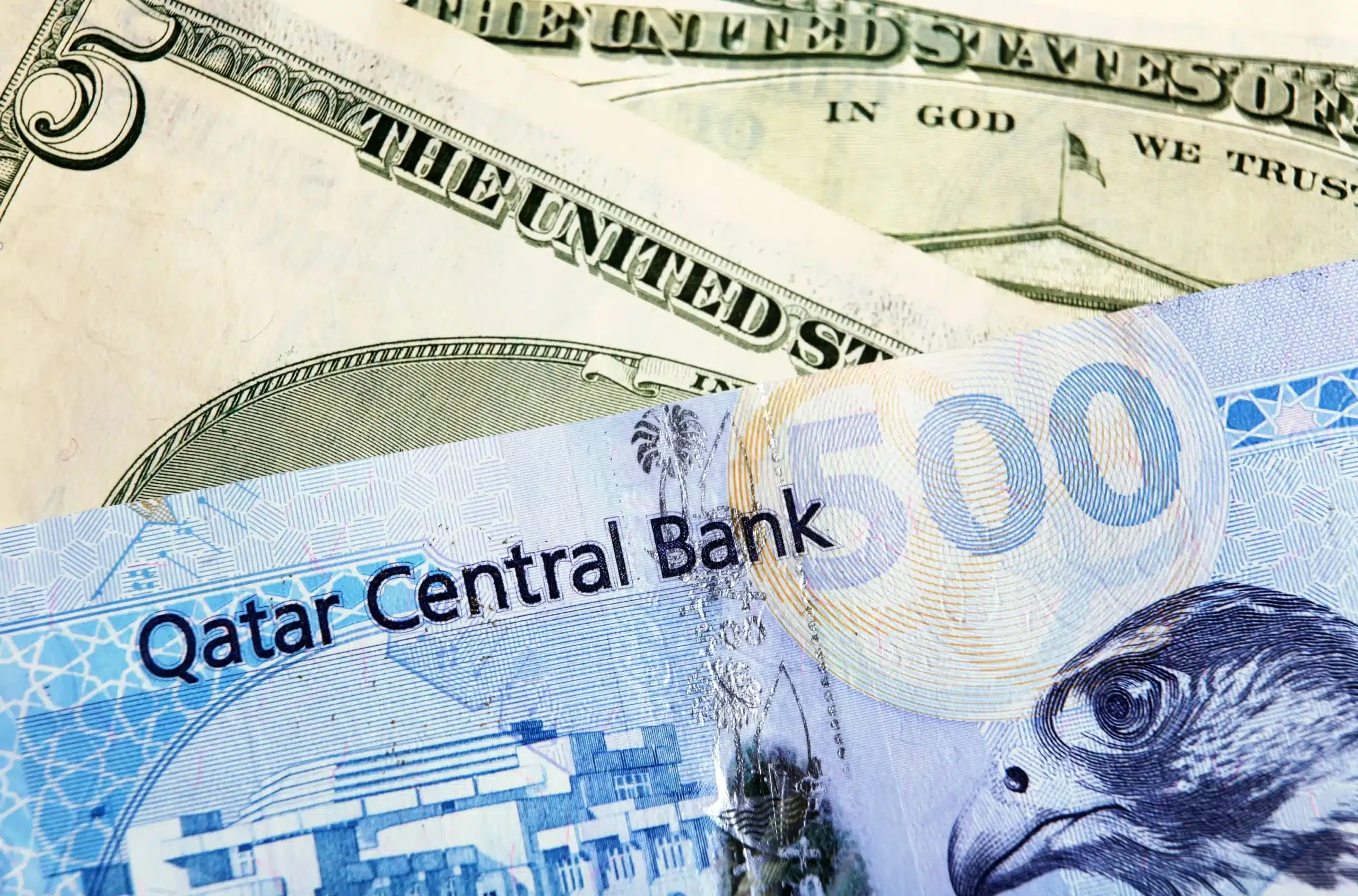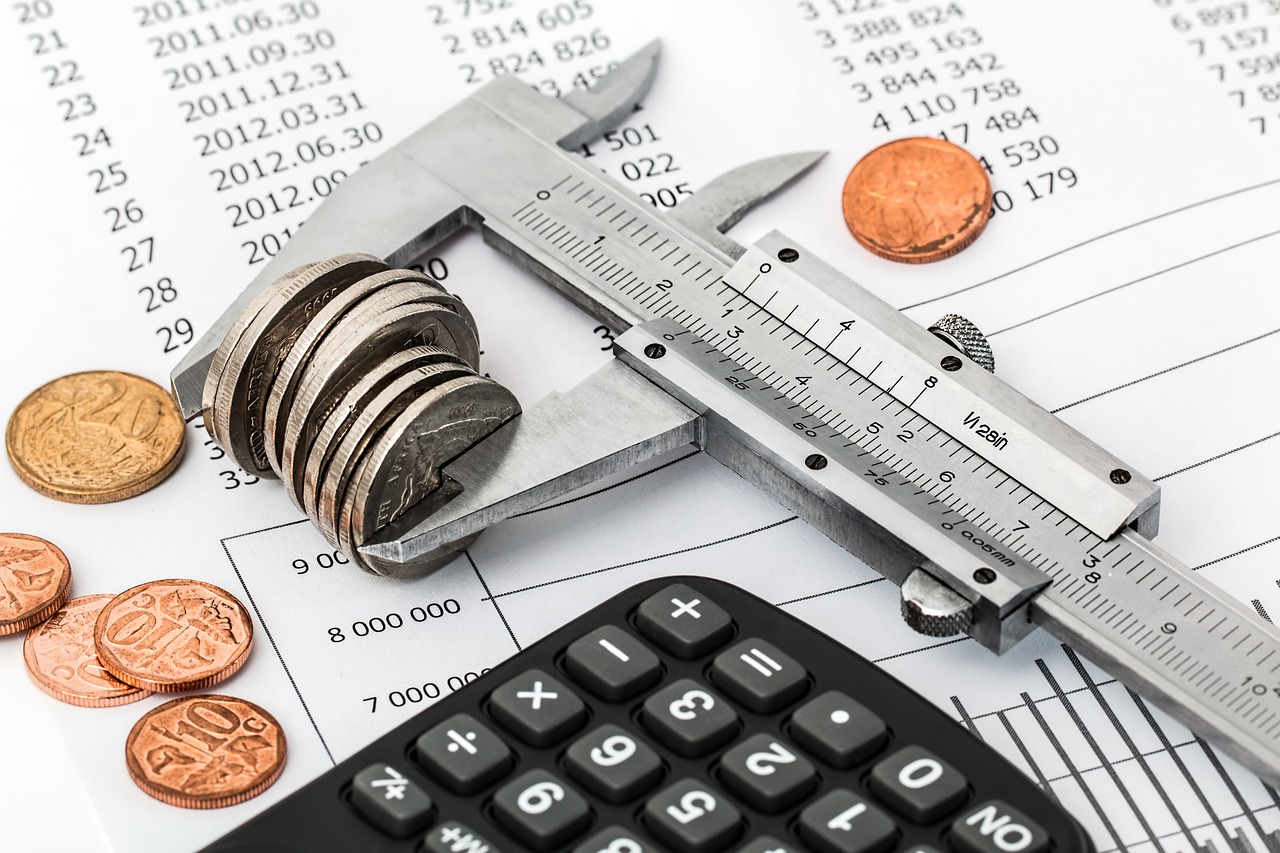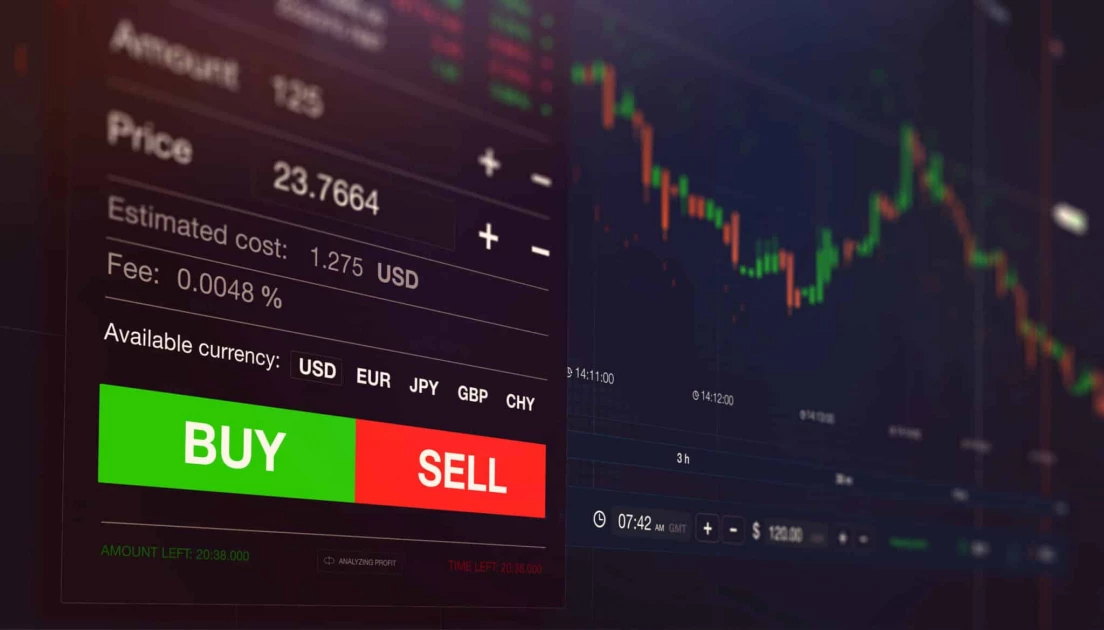Qatar’s Central Bank (QCB) has reported a notable increase in its international reserves and foreign currency liquidity, marking a 4% year-on-year (Y-o-Y) rise as of August 2024. The total reserves reached QR 252.3 billion, reflecting the strength of the Qatari economy and the effectiveness of its monetary policies. This increase comes amid a series of strategic economic decisions aimed at fortifying Qatar’s financial stability.
Breakdown of the Reserves
The data released by QCB on Monday highlighted several key areas contributing to the growth in reserves:
- Official Reserves: QCB’s official reserves saw a 5.2% increase, rising from QR 9.541 billion in August 2023 to QR 193.417 billion in August 2024. This growth can largely be attributed to a QR 389 million increase in holdings of foreign bonds and treasury bills, which now stand at QR 139.682 billion. The QCB’s investment strategy, which prioritizes liquidity and safety while ensuring a reasonable return, has played a crucial role in this increase.
- Gold Reserves: Gold reserves also experienced a significant jump, increasing by QR 9.921 billion Y-o-Y to reach QR 31.861 billion by the end of August 2024. This rise underscores the importance of gold as a safe-haven asset, especially in times of global economic uncertainty. The QCB’s decision to bolster its gold reserves is a strategic move to diversify its portfolio and hedge against inflation and currency risks.
- Foreign Currency Deposits: The QCB’s foreign currency deposits, part of the broader official reserves, contribute to Qatar’s total foreign reserves. These deposits include balances with foreign banks, special drawing rights (SDRs) from the International Monetary Fund (IMF), and other liquid assets. However, the balances with foreign banks recorded a decline of QR 754 million, settling at QR 16.231 billion at the end of August 2024. This reduction is part of a broader trend of the QCB managing its liquidity by reallocating assets in response to changing global financial conditions.
- Special Drawing Rights (SDRs): Qatar’s SDR deposits, which represent the country’s share with the IMF, decreased slightly by QR 15 million, bringing the total to QR 5.252 billion by the end of August 2024. SDRs are international reserve assets created by the IMF to supplement its member countries’ official reserves. The slight decrease reflects fluctuations in the global economic landscape, particularly in exchange rates and interest rates.
Economic Implications
The increase in Qatar’s foreign reserves is a positive indicator of the country’s economic resilience. It reflects Qatar’s ability to maintain a strong buffer against external shocks, such as fluctuations in oil prices, which have historically played a significant role in the country’s economic performance. The robust reserve levels also enhance Qatar’s creditworthiness and its ability to meet external obligations, which is crucial for maintaining investor confidence.
Moreover, the growth in reserves is indicative of the success of Qatar’s ongoing economic diversification efforts. By reducing its dependency on hydrocarbon revenues and investing in other sectors, Qatar has managed to build a more sustainable and resilient economy. The QCB’s prudent management of the country’s reserves is a key part of this strategy, ensuring that Qatar remains well-prepared to navigate global economic uncertainties.
Comparison with Regional Peers
Qatar’s approach to managing its foreign reserves is consistent with that of other Gulf Cooperation Council (GCC) countries. However, Qatar’s reserve growth outpaces some of its regional peers, reflecting the effectiveness of its fiscal policies and economic management. For instance, while Saudi Arabia and the United Arab Emirates have also seen increases in their reserves, Qatar’s focused strategy on diversifying its reserves into various asset classes, including gold and foreign bonds, has provided it with a competitive edge.
Global Economic Context
The global economic environment in 2024 has been marked by volatility, with inflationary pressures, rising interest rates, and geopolitical tensions affecting financial markets worldwide. In this context, Qatar’s increase in reserves is particularly noteworthy. The QCB’s ability to grow its reserves despite these challenges is a testament to the robustness of Qatar’s monetary policy framework and the central bank’s proactive approach to risk management.
Future Outlook
Looking ahead, the QCB is expected to continue its conservative approach to reserve management, focusing on maintaining liquidity, ensuring capital preservation, and achieving steady returns. As Qatar continues to implement its National Vision 2030, which aims to transform the country into a knowledge-based economy, the central bank’s role in supporting this transition through sound monetary policies will be critical.
The QCB’s reserve accumulation strategy will likely continue to prioritize investments in low-risk, highly liquid assets such as U.S. Treasury bonds and gold. Additionally, the central bank may explore opportunities to diversify further into other safe-haven assets and currencies, particularly as global economic conditions evolve.
Strategic Importance of Reserves
Foreign reserves are a critical component of Qatar’s financial stability, providing a cushion against external shocks and supporting the country’s currency, the Qatari Riyal (QR). A high level of reserves enhances Qatar’s ability to defend its currency against speculative attacks and maintain a stable exchange rate, which is vital for economic stability.
Furthermore, the reserves serve as a safeguard for Qatar’s financial system, ensuring that the central bank can meet the country’s international obligations, including debt repayments and import financing. This is particularly important for Qatar, given its status as a major global energy exporter, where fluctuations in energy prices can have significant implications for the economy.
Conclusion
The increase in Qatar’s foreign reserves in August 2024 is a positive development, reflecting the country’s economic strength and the effectiveness of its monetary policies. The QCB’s prudent management of these reserves, through strategic investments in gold, foreign bonds, and other assets, ensures that Qatar remains well-positioned to navigate global economic uncertainties.
As Qatar continues to pursue its long-term economic goals, including diversification away from hydrocarbons and the development of a knowledge-based economy, the role of the QCB in managing the country’s financial stability will be increasingly important. The central bank’s ongoing efforts to build and maintain robust foreign reserves will be key to achieving these objectives, ensuring that Qatar remains resilient in the face of global economic challenges.
Photo source: Google
By: Montel Kamau
Serrari Financial Analyst
10th September, 2024
Article, Financial and News Disclaimer
The Value of a Financial Advisor
While this article offers valuable insights, it is essential to recognize that personal finance can be highly complex and unique to each individual. A financial advisor provides professional expertise and personalized guidance to help you make well-informed decisions tailored to your specific circumstances and goals.
Beyond offering knowledge, a financial advisor serves as a trusted partner to help you stay disciplined, avoid common pitfalls, and remain focused on your long-term objectives. Their perspective and experience can complement your own efforts, enhancing your financial well-being and ensuring a more confident approach to managing your finances.
Disclaimer: This article is for informational purposes only and does not constitute financial advice. Readers are encouraged to consult a licensed financial advisor to obtain guidance specific to their financial situation.
Article and News Disclaimer
The information provided on www.serrarigroup.com is for general informational purposes only. While we strive to keep the information up to date and accurate, we make no representations or warranties of any kind, express or implied, about the completeness, accuracy, reliability, suitability, or availability with respect to the website or the information, products, services, or related graphics contained on the website for any purpose. Any reliance you place on such information is therefore strictly at your own risk.
www.serrarigroup.com is not responsible for any errors or omissions, or for the results obtained from the use of this information. All information on the website is provided on an as-is basis, with no guarantee of completeness, accuracy, timeliness, or of the results obtained from the use of this information, and without warranty of any kind, express or implied, including but not limited to warranties of performance, merchantability, and fitness for a particular purpose.
In no event will www.serrarigroup.com be liable to you or anyone else for any decision made or action taken in reliance on the information provided on the website or for any consequential, special, or similar damages, even if advised of the possibility of such damages.
The articles, news, and information presented on www.serrarigroup.com reflect the opinions of the respective authors and contributors and do not necessarily represent the views of the website or its management. Any views or opinions expressed are solely those of the individual authors and do not represent the website's views or opinions as a whole.
The content on www.serrarigroup.com may include links to external websites, which are provided for convenience and informational purposes only. We have no control over the nature, content, and availability of those sites. The inclusion of any links does not necessarily imply a recommendation or endorsement of the views expressed within them.
Every effort is made to keep the website up and running smoothly. However, www.serrarigroup.com takes no responsibility for, and will not be liable for, the website being temporarily unavailable due to technical issues beyond our control.
Please note that laws, regulations, and information can change rapidly, and we advise you to conduct further research and seek professional advice when necessary.
By using www.serrarigroup.com, you agree to this disclaimer and its terms. If you do not agree with this disclaimer, please do not use the website.
www.serrarigroup.com, reserves the right to update, modify, or remove any part of this disclaimer without prior notice. It is your responsibility to review this disclaimer periodically for changes.
Serrari Group 2025





